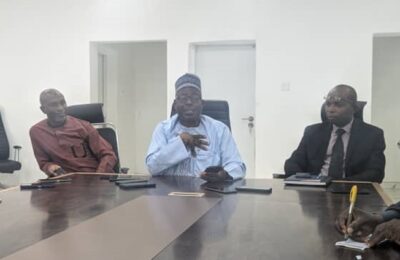Kogi Government has solicited the co-operation of communities, groups and other stakeholders to take collective responsibility and ownership of schools in the state.
Mrs Rosemary Osikoya, the Commissioner for Education, Science and Technology, made the call at the Expanded Management meeting of stakeholders in education, held at Kogi State Polytechnic on Friday in Lokoja.
According to Osikoya, the schools belong to the communities as they remain critical stakeholders to the education sector.
She said there had been a whole lot of disconnection between communities and schools in their respective domains.
She added that “it is not enough to just blame government: we need to examine ourselves because people drive the sector: communities must own up to the ideal of education.”
The commissioner, therefore, urged the industrious sons and daughters of Kogi to champion skills, build infrastructure and improve the state of facilities in schools in their domains.
Osikoya noted that the meeting was to create synergy within the sector and to collaborate with both internal and external stakeholders to address the fundamental issues affecting the education sector.
She noted that the meeting was like a ‘SWOT’ analysis to have a look at the institutional arrangements, collaborations, communication, challenges and trends within the sector.
She announced that the state government would hold an “Education Summit” on Jan. 22 as part of activities to mark two years of the present administration which would serve as a feedback mechanism and agenda setting for the sector.
The stakeholders in their separate comments, reiterated the need to improve on staff welfare, salaries, the lack of teachers, training and retraining of teachers, monitoring, non-accreditation, lack of fund, infrastructure, obsolete equipment, among others.
Prof. Mohammed Abdulkadir, the Vice Chancellor of Kogi State University (KSU), Anyigba, said about 21 programmes were yet to be accredited, adding that 27 students in Health Sciences were sent to other universities due to non-accreditation.
Mrs Gift Omoniwa, the Executive Director, Action Aid/PIBCID, Kogi State, recommended community participation in schools, employment of newly qualified teachers, proper monitoring, 26 percent budget allocation to the education sector, among others.
Present at the meeting were heads of various institutions, agencies and departments across the state to deliberate on fundamental issues affecting the education sector.
Credit: PM News




